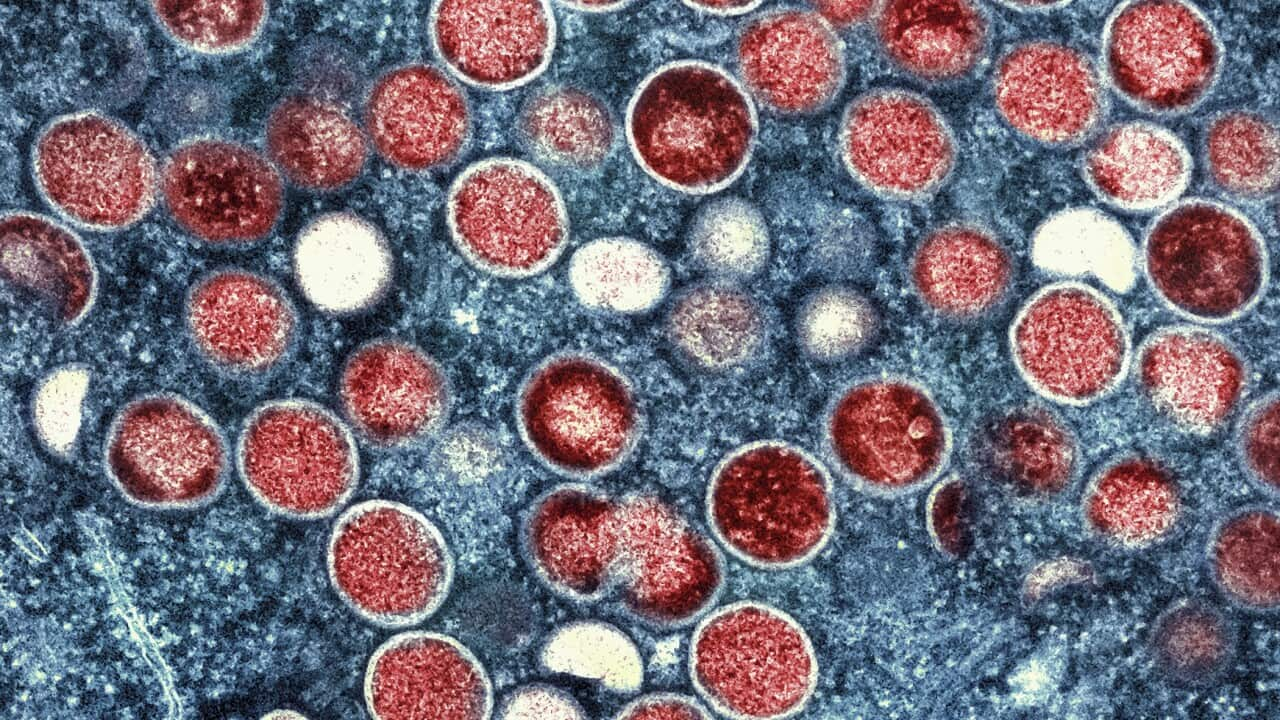Africa’s top public health body has declared what it termed a “public health emergency of continental security” over an outbreak of mpox that has spread from the Democratic Republic of Congo (DR Congo) to neighbouring countries.
The Africa Centres for Disease Control and Prevention (Africa CDC) had warned last week of an alarming rate of spread of the viral infection, formerly known as monkeypox, which is transmitted through close contact and causes flu-like symptoms and pus-filled lesions.
Most cases are mild but it can kill.
“We declare today this public health emergency of continental security to mobilise our institutions, our collective will, and our resources to act swiftly and decisively,” Africa CDC director-general Jean Kaseya said in a briefing.
The outbreak in DR Congo began with the spread of an endemic strain, known as Clade I.
But the new variant, known as Clade Ib, appears to spread more easily through routine close contact, particularly among children.
Kaseya said in the briefing that the continent needs more than 10 million doses of a vaccine but only about 200,000 are available.
He promised that Africa CDC would work to quickly increase the supply to the continent.
“We have a clear plan to secure more than 10 million doses in Africa, starting with 3 million doses in 2024,” he added, without saying where the vaccines would be sourced.
The health body said that more than 15,000 mpox cases and 461 deaths were reported on the continent this year so far, representing a 160 per cent increase from the same period last year.
Eighteen countries have reported cases.
In June, 100 cases were recorded in Europe, 175 in the Americas and 567 in Africa, where 96 per cent of the cases were in the DR Congo.
The lack of testing meant that only a quarter of suspect cases were tested, with two-thirds of the tests being positive.
Where did mpox first emerge?
Mpox has been endemic in parts of Africa for decades after it was first detected in humans in the DR Congo in 1970.
A milder version of the virus spread to more than a hundred countries in 2022, largely through sexual contact, prompting the World Health Organization (WHO) to declare a public health emergency of international concern — its highest level of alert.
The WHO ended the emergency 10 months later, saying the health crisis was under control.
WHO chief Tedros Adhanom Ghebreyesus has promised to convene an emergency committee on Wednesday to discuss whether this year’s outbreak in DR Congo represents a public health emergency of international concern.
With DPA
